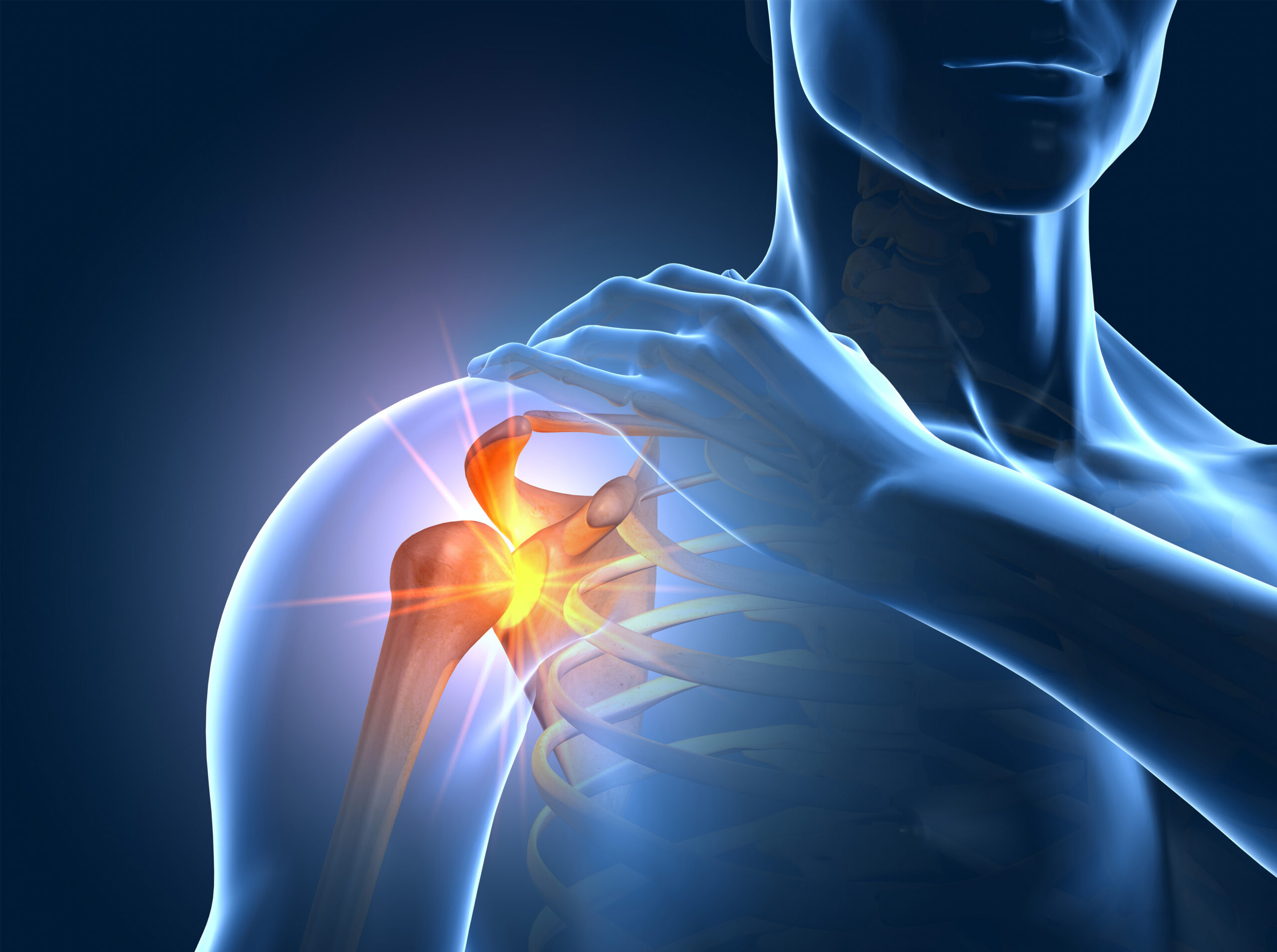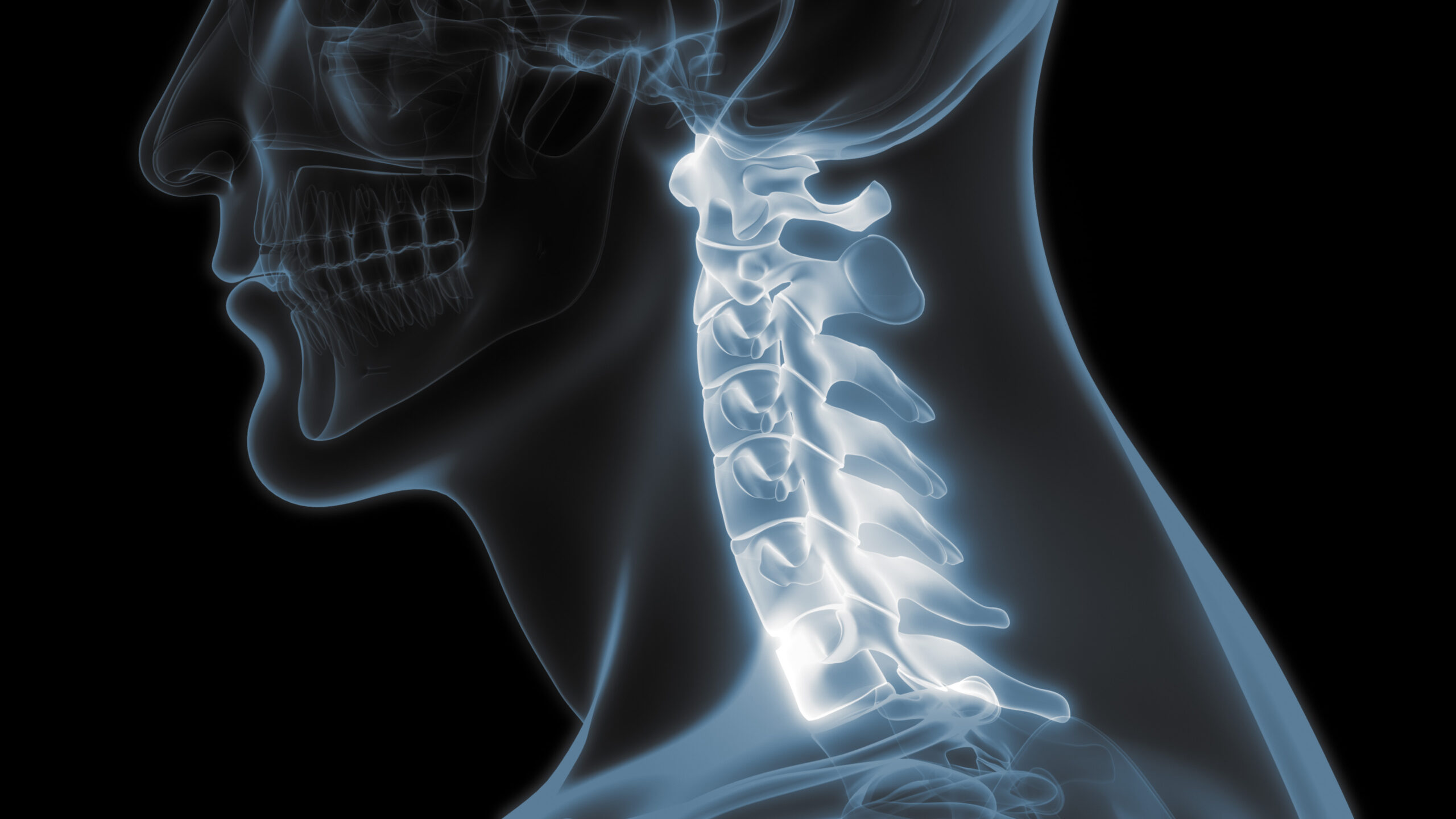Hip Bursitis Treatment
Bursa are fluid-filled sacs that provide cushioning and reduce friction between bone and soft tissue in many different areas of the body including the hips, shoulders, heels, and elbows. There are two main bursa in the hip that generally become irritated or inflamed. When this happens, you will experience pain each time the tendon moves across the bone. Since this motion occurs every time you take a step, hip bursitis can be quite painful. If you believe you have any of the following symptoms, you should seek a diagnosis and and receive hip bursitis treatment.
Hip Bursitis Symptoms
Hip bursitis is a common condition that can occur in athletes and the general population. It is more common in women, the middle-aged, and the elderly. Hip bursitis can be caused by overuse, a hip injury, spine disease, a difference in leg lengths, rheumatoid arthritis, previous surgery, or bone spurs or calcium deposits. Some of the symptoms of hip bursitis are:
- Tenderness on the upper/outer thigh
- Sharp pain in hip or groin area
- Swelling
- Aching pain at the hip extending down the outer thigh
- Pain typically worse at night
- Pain worse when walking or rising from a chair
- Difficulty sleeping on the affected hip
Hip Bursitis Treatment

Many people can experience pain relief from hip bursitis through small changes to their day-to-day routines. Some of these changes include:
- Rest
As with most injuries, rest is key to recovery. You should avoid the activities that cause you pain or modify the movements of the activity. If you are an athlete, you can consult with a physical therapist or trainer to be sure you are performing exercises appropriately so as to not further aggravate the bursa.
- Anti-inflammatory medication
Over-the-counter medications such as Ibuprofen can help control the inflammation and pain associated with hip bursitis.
- Ice the affected area
- Use a walker, cane, or crutches when the pain is most intense
- Stretching
- Physical therapy to increase hip strength
- Steroid injection
With hip bursitis treatment, usually one or a combination of the above is enough to help most patients.
Preventing Hip Bursitis
Hip bursitis can’t necessarily be prevented. It can, however, be minimized by avoiding repetitive activities that stress the hips. Some potential ways to minimize the likelihood of hip bursitis are:
- Losing weight if you’re overweight
- Using a shoe insert if there is a difference in length between your legs
- Maintaining muscle strength and flexibility in your hips
Seeking Help
If you have a fever in addition to the above symptoms, you should visit the Colorado Springs Orthopaedic Group Express Care Clinic to be treated immediately and rule out an infection. Otherwise, if your symptoms do not improve within two weeks, it’s time to seek professional help. The doctors at Colorado Springs Orthopaedic Group are specialists who can help diagnose your problem and recommend an appropriate treatment plan for your specific situation.


